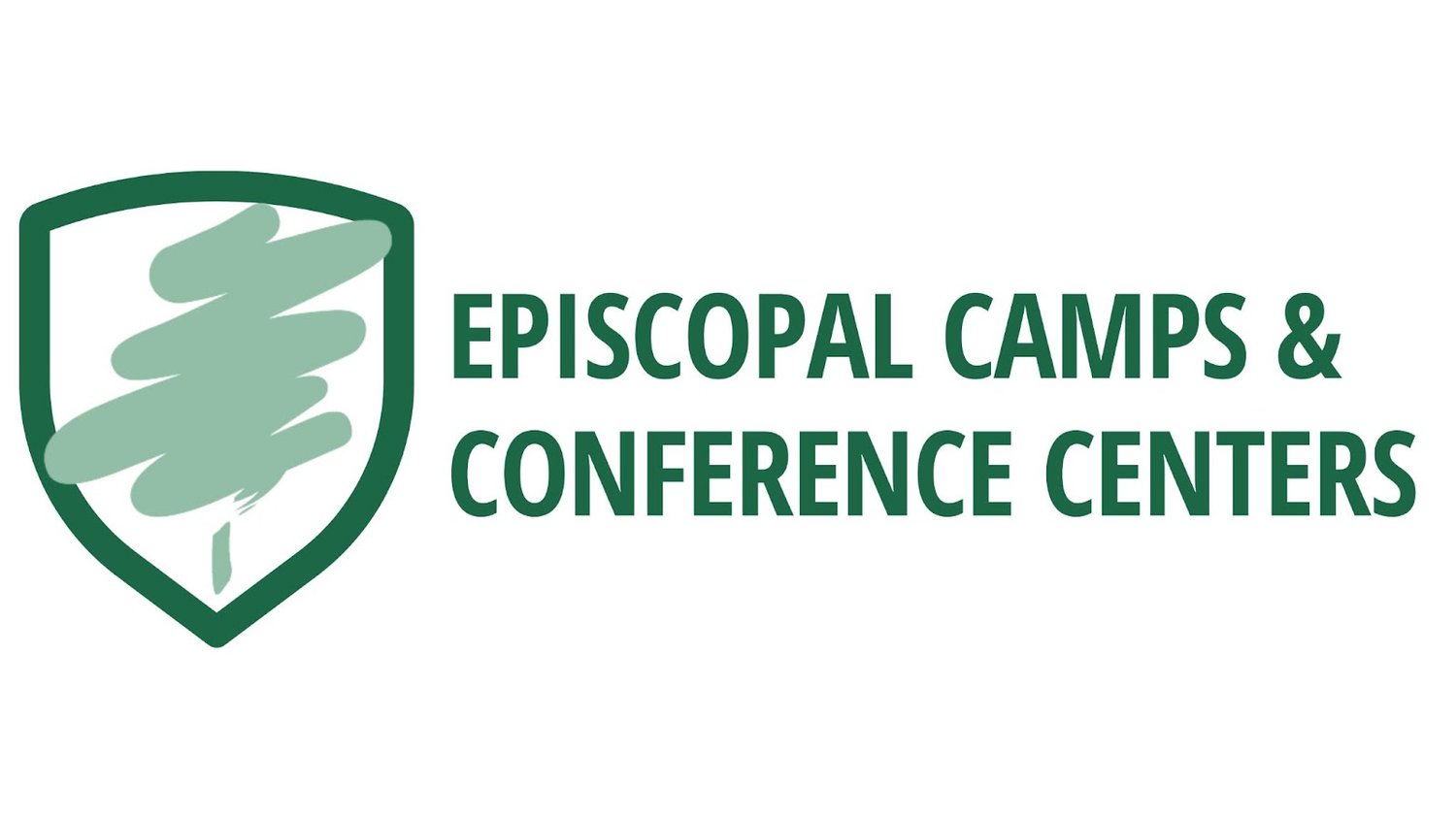How the church makes clergy … and why it should think about changing
Perhaps because so much of the leadership in our Episcopal camps and conference centers is by lay people, I’ve been particularly aware lately of movements and reflections that are navigating the spaces between clergy and lay. There’s the ongoing discussion around pension parity, and this piece from Samantha Haycock (who, it just so happens, will be our Annual Conference chaplain) on Valuing the Vocation of Lay Ministers.
Here’s an excerpt from another article I’d bookmarked, which looks beyond the difference between clergy and lay, and considers the language of the ordination service itself. To me, these discussions all operate in the same habitat, one where we’re talking about HOW we cand WHO can do church.
The ordination liturgies also assume that the church in which the ordinand will be ministering is an unchanging institution, and that the first and most important thing he or she should vow is to conform to its doctrine and be obedient to its authority. As a generation that grew up being told in confirmation class that our questions were more important than our answers; that saw our own and other denominations deeply shaken by clergy misconduct, including at the level of the episcopate; and that witnessed the global Anglican communion almost tear itself apart over issues of gender and sexuality, we are hardly inclined to see those who are put in authority over us as implicitly worthy of obedience, or “the doctrine, discipline and worship of … this Church” as something easily definable and simple to ally oneself to. It would be easier to say these vows wholeheartedly, if the bishop in turn explicitly promised to support ourministry, even (perhaps especially) when it takes us in directions that the church has not gone before; and if we were asked, not to ascribe to a monolithic and unchanging doctrine (that is nevertheless nowhere defined within the context of the service …), but to love and continue to explore the as yet unrevealed mysteries of God.
